Anxiety in autism
Recent articles
Featured articles
Unmasking anxiety in autism
Anxiety can assume unusual forms in people with autism — turning uncertainty, or even a striped couch, into a constant worry. New tools may help identify these hidden fears.
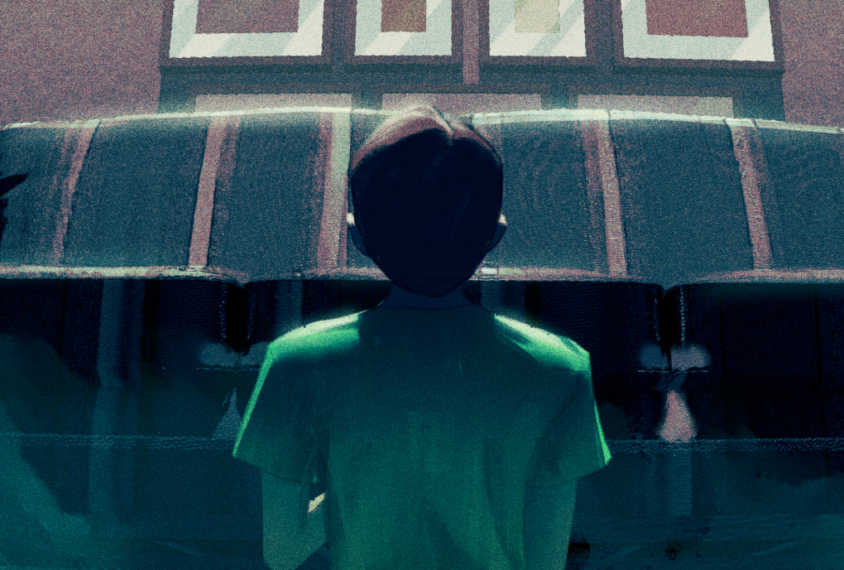
Unmasking anxiety in autism
Anxiety can assume unusual forms in people with autism — turning uncertainty, or even a striped couch, into a constant worry. New tools may help identify these hidden fears.
Spectrum Stories: The overlap between autism and anxiety
In this episode of “Spectrum Stories,” host Jacob Brogan talks to clinicians about why anxiety is so common — but can be so hard to spot — in people with autism.
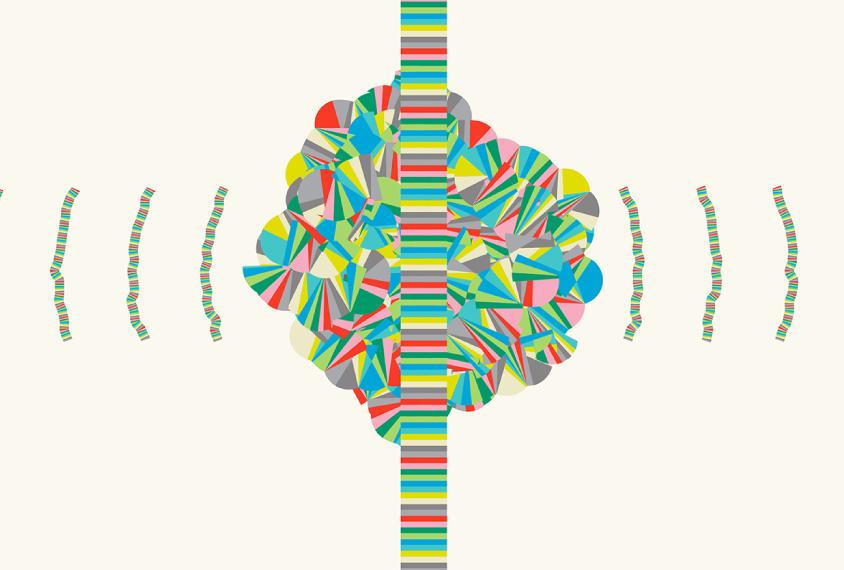
Spectrum Stories: The overlap between autism and anxiety
In this episode of “Spectrum Stories,” host Jacob Brogan talks to clinicians about why anxiety is so common — but can be so hard to spot — in people with autism.
Anxiety may alter processing of emotions in people with autism
A brain region that processes emotions tends to be smaller in children who have both autism and anxiety than in those who have autism alone.
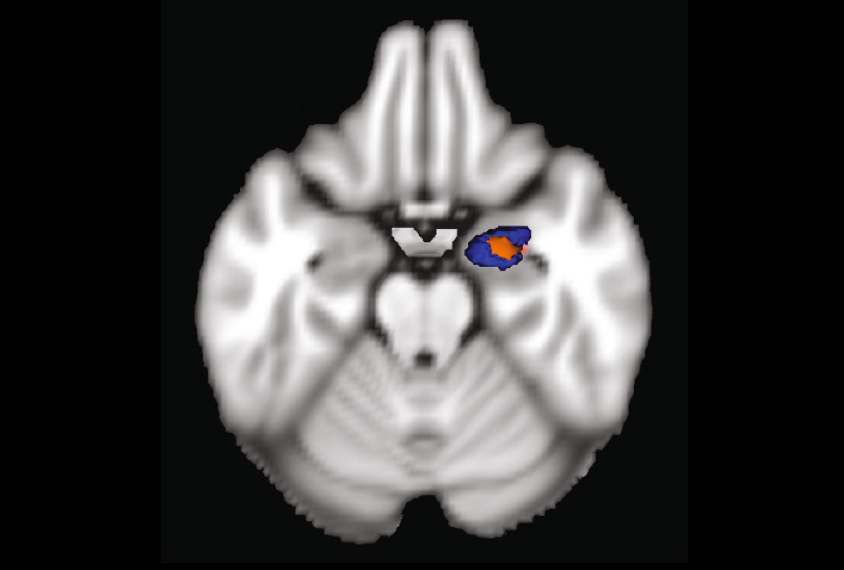
Anxiety may alter processing of emotions in people with autism
A brain region that processes emotions tends to be smaller in children who have both autism and anxiety than in those who have autism alone.
From the archives
Autism can mask anxiety symptoms
Anxiety is one of the most common mental health conditions, as well as one of the most treatable. But when a person has autism, anxiety symptoms can be hard to see. Matthew Siegel calls for anxiety tests and treatments that are tailored to people with autism.

Autism can mask anxiety symptoms
Anxiety is one of the most common mental health conditions, as well as one of the most treatable. But when a person has autism, anxiety symptoms can be hard to see. Matthew Siegel calls for anxiety tests and treatments that are tailored to people with autism.
In autism, social difficulties may set the stage for anxiety
Poor social skills are a risk factor for the development of social anxiety, but the reverse — anxiety foreshadowing social problems — is not necessarily true.
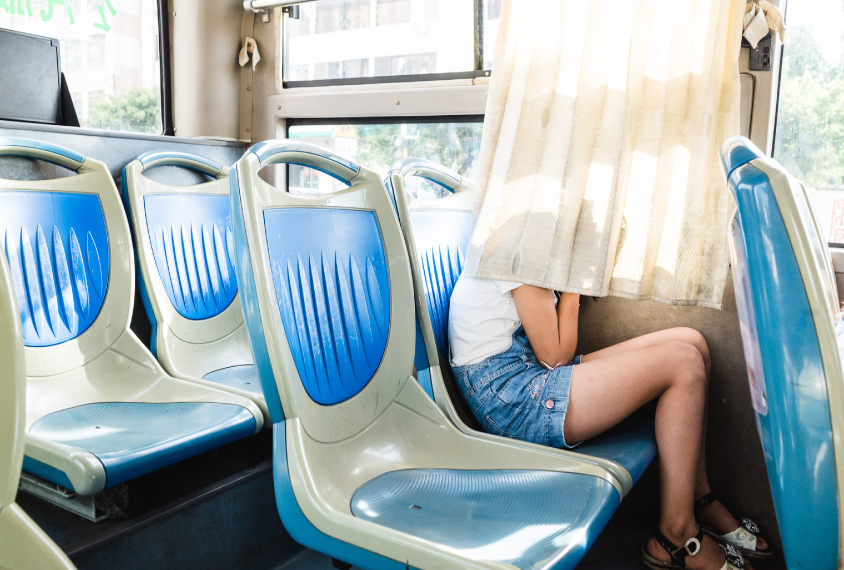
In autism, social difficulties may set the stage for anxiety
Poor social skills are a risk factor for the development of social anxiety, but the reverse — anxiety foreshadowing social problems — is not necessarily true.
Uncertainty, anxiety each independently linked to autism
Children with autism fear the unknown and react negatively when faced with unpredictable situations. This intolerance of uncertainty is closely tied to anxiety but may manifest independently.

Uncertainty, anxiety each independently linked to autism
Children with autism fear the unknown and react negatively when faced with unpredictable situations. This intolerance of uncertainty is closely tied to anxiety but may manifest independently.
Standard scale identifies anxiety in children with autism
A widely used questionnaire designed to measure anxiety flags the condition in children with autism.
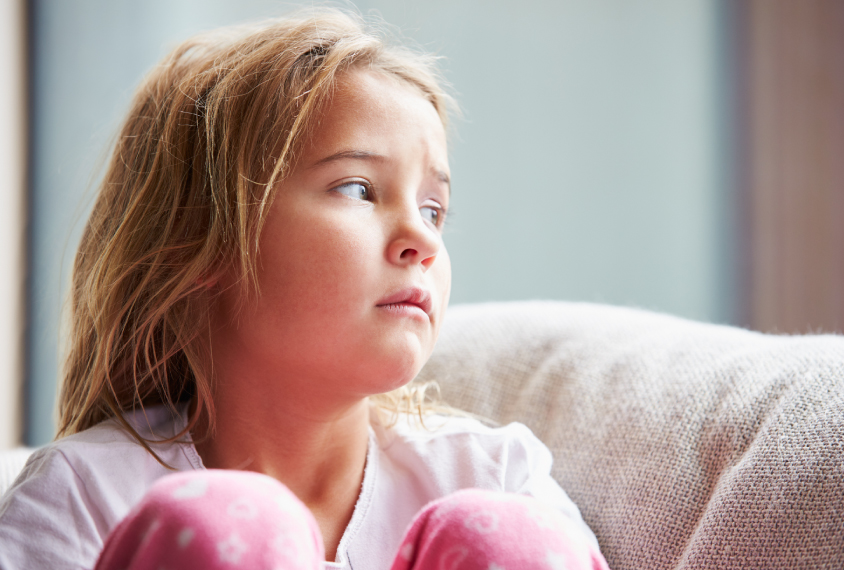
Standard scale identifies anxiety in children with autism
A widely used questionnaire designed to measure anxiety flags the condition in children with autism.
Autism’s social problems may stem from sense of touch
The anxiety and trouble with social skills seen in people with autism may originate outside of the brain, in neurons that govern touch.

Autism’s social problems may stem from sense of touch
The anxiety and trouble with social skills seen in people with autism may originate outside of the brain, in neurons that govern touch.
Uncertainty drives anxiety, sensory issues in autism
Helping children with autism cope with the unexpected may ease some of their symptoms.

Uncertainty drives anxiety, sensory issues in autism
Helping children with autism cope with the unexpected may ease some of their symptoms.
Adults with autism feel frequent, lingering anxiety
People with autism often feel anxious, worrying about everyday events and ruminating on their fears for long periods of time, reports a study published 8 May in the journal Autism.

Adults with autism feel frequent, lingering anxiety
People with autism often feel anxious, worrying about everyday events and ruminating on their fears for long periods of time, reports a study published 8 May in the journal Autism.
Ecstasy ingredient touted as treatment for anxiety in autism
The active ingredient in the drug popularly known as ecstasy eases social anxiety in people with autism.

Ecstasy ingredient touted as treatment for anxiety in autism
The active ingredient in the drug popularly known as ecstasy eases social anxiety in people with autism.
Anxiety, seizures mark mice with extra copy of autism gene
Mice with an extra copy of UBE3A, a gene linked to autism, have learning problems and anxiety, and are prone to seizures and fine-motor problems.
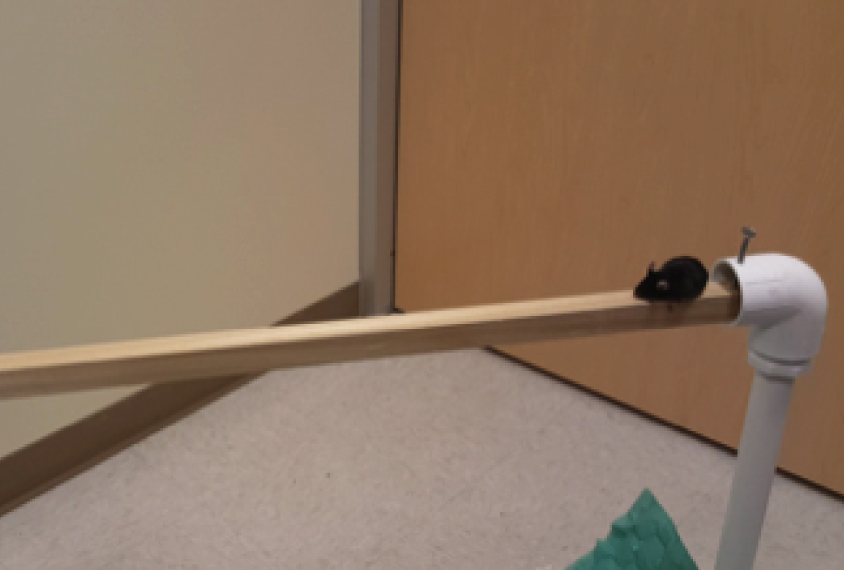
Anxiety, seizures mark mice with extra copy of autism gene
Mice with an extra copy of UBE3A, a gene linked to autism, have learning problems and anxiety, and are prone to seizures and fine-motor problems.
Compulsions, anxiety replace autism in some children
Most children who lose their autism diagnosis develop related psychiatric conditions.
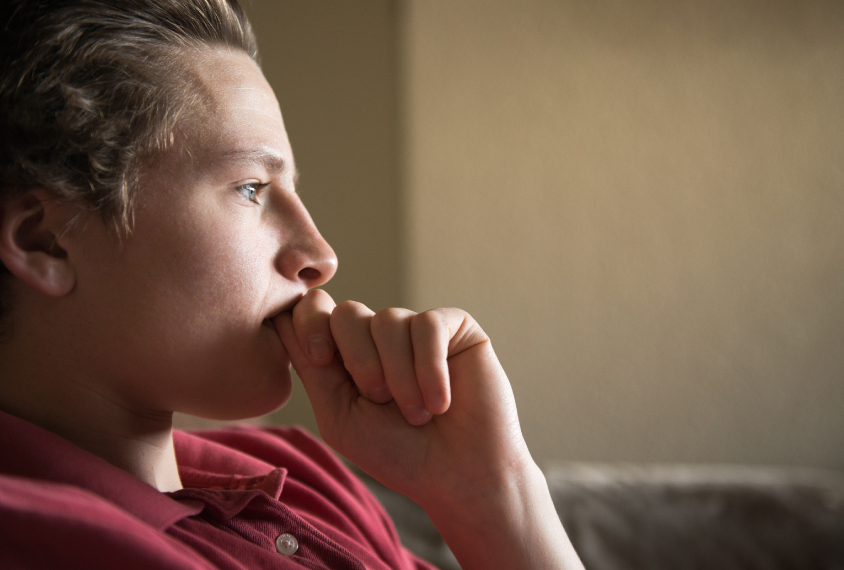
Compulsions, anxiety replace autism in some children
Most children who lose their autism diagnosis develop related psychiatric conditions.
Explore more from The Transmitter
ABCD Study omits gender-identity data from latest release
The removal counteracts the goals of the longitudinal study by “pretending that some aspects of adolescent brain development don’t exist,” says sex differences researcher Nicola Grissom.
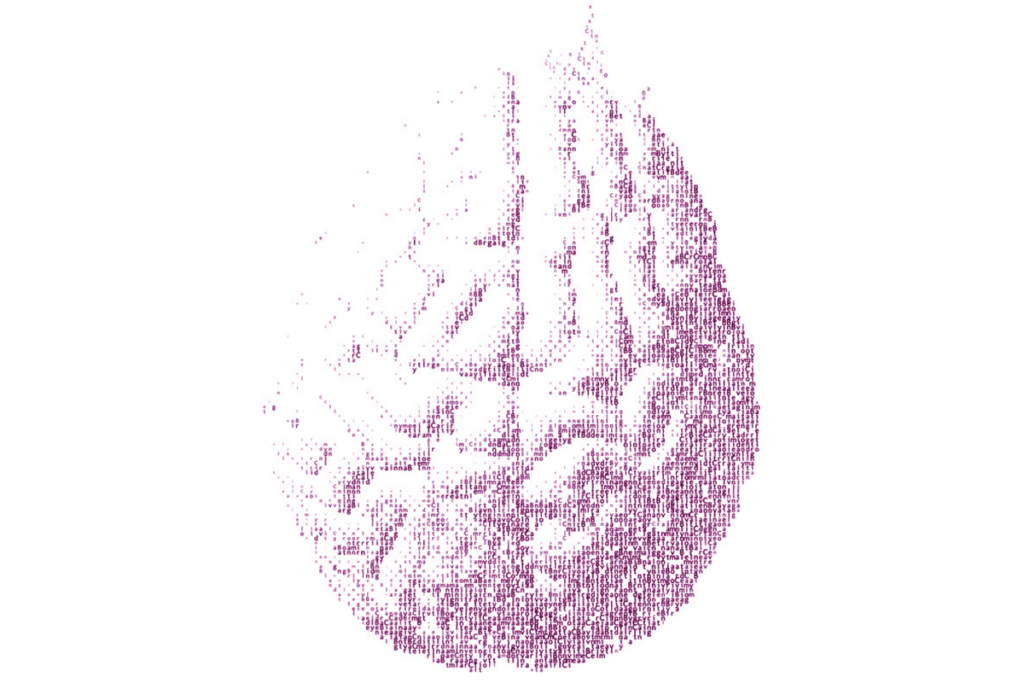
ABCD Study omits gender-identity data from latest release
The removal counteracts the goals of the longitudinal study by “pretending that some aspects of adolescent brain development don’t exist,” says sex differences researcher Nicola Grissom.
Neuropeptides reprogram social roles in leafcutter ants
The mechanisms that control the labor roles of ants may also be conserved in naked mole rats, a new study shows.

Neuropeptides reprogram social roles in leafcutter ants
The mechanisms that control the labor roles of ants may also be conserved in naked mole rats, a new study shows.
Perspectives from the field: Opinions in autism research
This collection of Spectrum articles from the past 12 months highlights expert perspectives on autism’s heritability and its link to biological sex, the value of transdiagnostic frameworks, and the field’s future, among other topics.
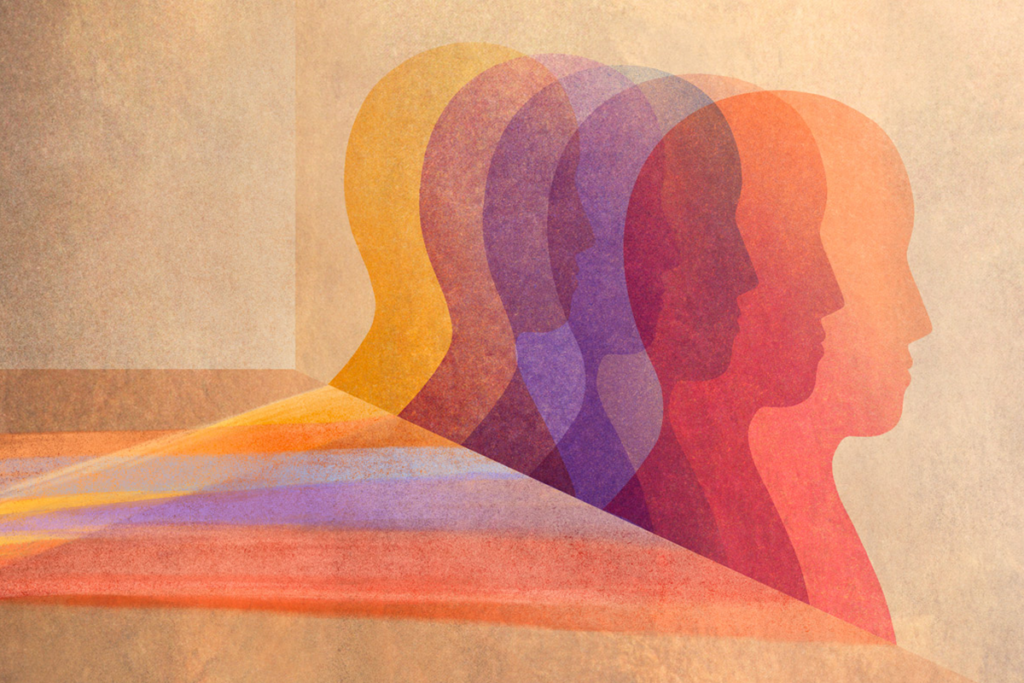
Perspectives from the field: Opinions in autism research
This collection of Spectrum articles from the past 12 months highlights expert perspectives on autism’s heritability and its link to biological sex, the value of transdiagnostic frameworks, and the field’s future, among other topics.